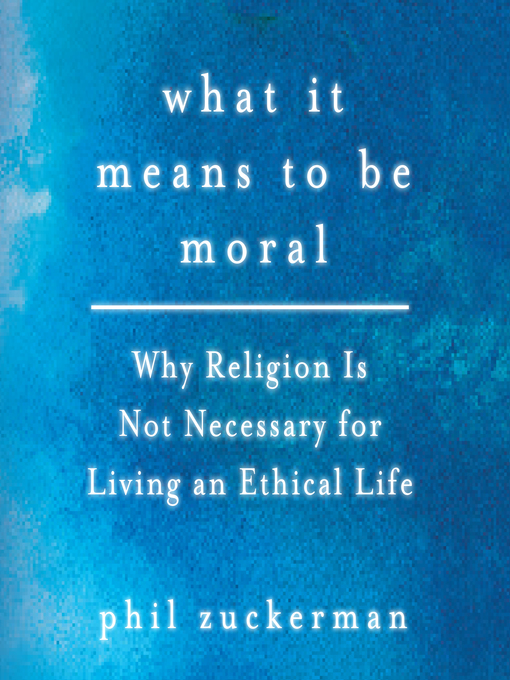- Available now
- New eBook additions
- New kids additions
- New teen additions
- Most popular
- Try something different
- Manga to Read (or Re-Read)
- Elections, Coups, & Sociopolitical Upheaval
- Celebrating Indigenous Peoples
- Manga
- New Indie Romance Ebooks
- See all ebooks collections
- Available now
- New audiobook additions
- New kids additions
- New teen additions
- Most popular
- Try something different
- Sounds Gay, I'm In! LGBTQ+ Audiobooks
- See all audiobooks collections

